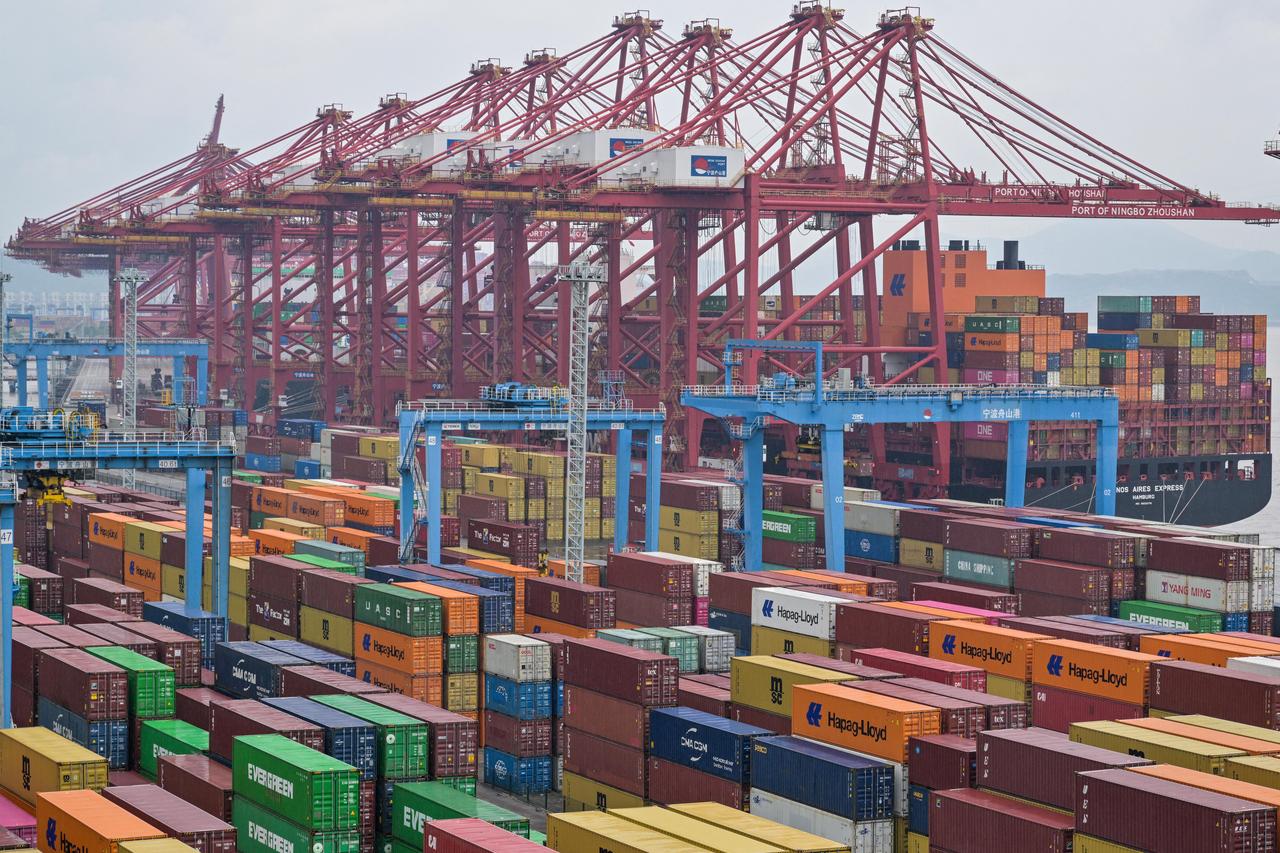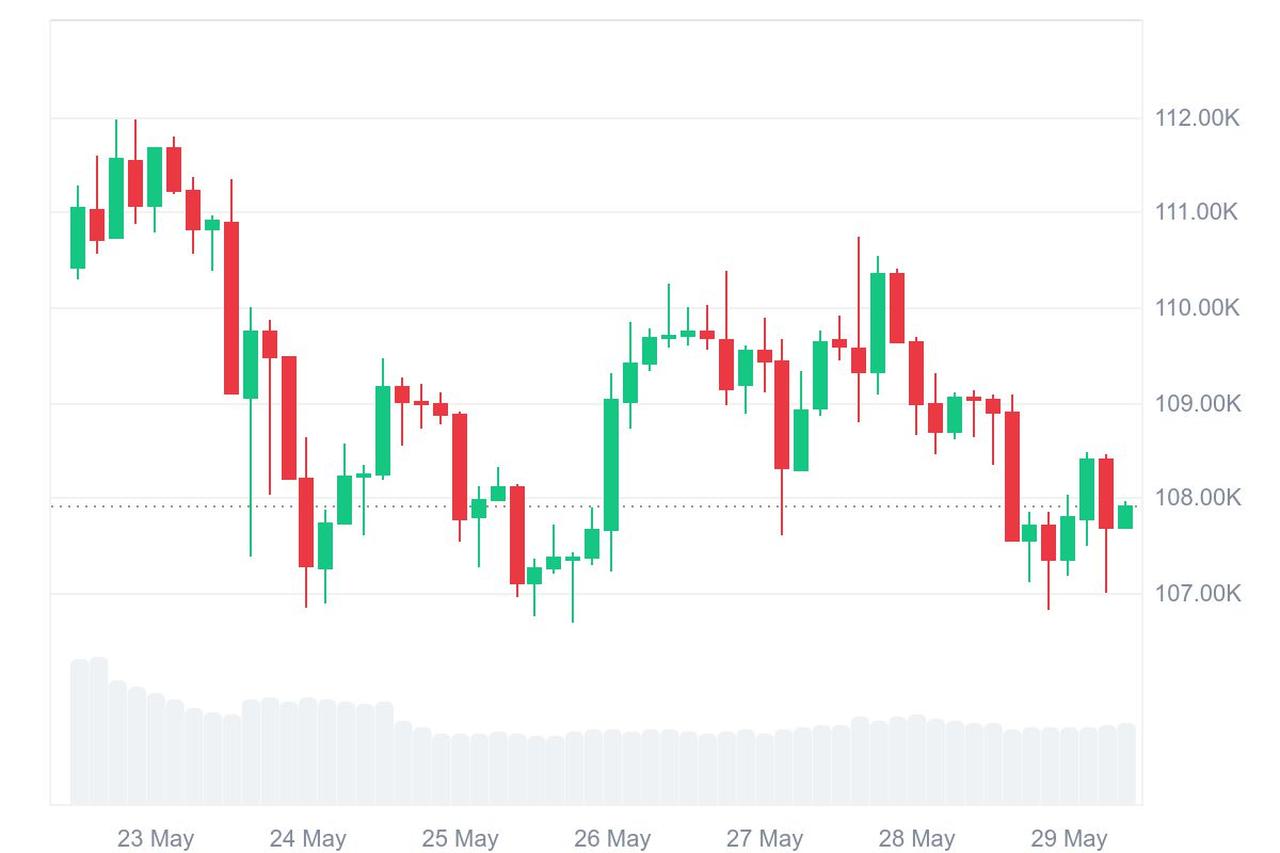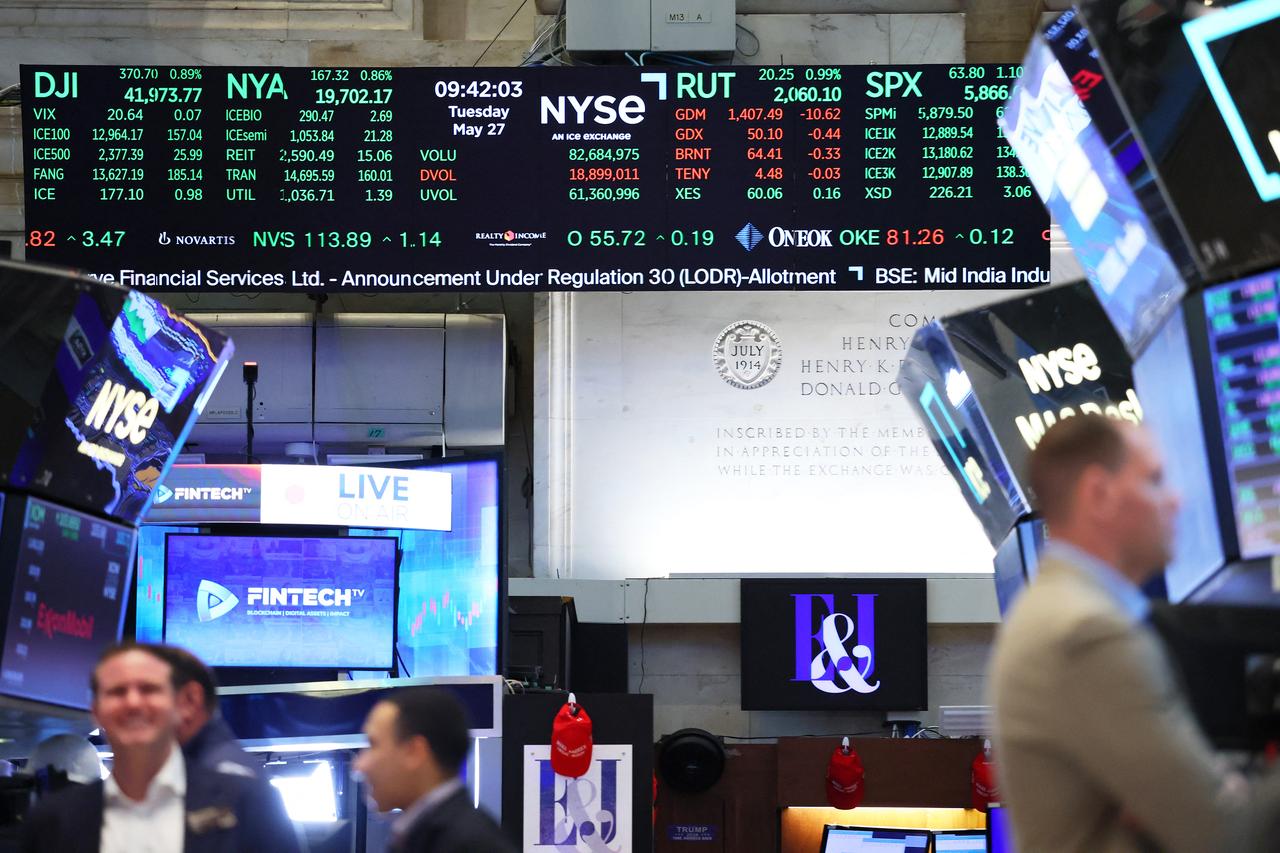
Global stock markets climbed on Thursday after a U.S. federal trade court suspended President Donald Trump’s sweeping tariffs, easing investor fears of an extended trade conflict and reigniting risk appetite across major economies.
Beginning in Asia, equity markets reacted strongly to the court’s decision, with Japan’s Nikkei 225 climbing 1.9% to close at 38,447.36. South Korea’s benchmark KOSPI also gained over 1.8%, driven by rallies in technology and auto stocks, as well as a central bank interest rate cut.
Gains were also recorded across Hong Kong, Shanghai, Sydney, Taipei, and Manila, as investors bet that the rollback of tariffs would boost export prospects and reduce global trade tensions.
The rebound in equities came alongside a decline in safe-haven assets. Spot gold dropped 0.6% to $3,269 per ounce, while the Japanese yen weakened against major currencies, reflecting improved market sentiment.
Oil prices extended their rally amid the broader optimism. West Texas Intermediate (WTI) climbed 1.7% to $62.50 per barrel, while Brent crude rose 1.6% to $65.95, supported by expectations ahead of an upcoming OPEC meeting and geopolitical risks involving Russia and Iran.
Bitcoin, the world’s largest cryptocurrency, often seen as a speculative asset, slipped 0.9% to $107,791.

Futures tied to all three major U.S. stock indices rose more than 1%, signaling a positive open on Wall Street. The rally was driven in part by optimism that the court ruling could limit the long-term impact of Trump’s April 2 tariffs, which had stoked fears of a global slowdown.
Investor confidence was further bolstered by strong quarterly results from Nvidia, which posted a profit of $18.8 billion on revenue of $44.1 billion. The chipmaker’s forecast of continued demand for AI-related products lifted tech shares globally.

The ruling was issued by a three-judge panel from the Court of International Trade, which sided with businesses and several U.S. states challenging the legality of the tariffs. The court found that the president’s actions breached the “power of the purse” granted exclusively to Congress under the U.S. Constitution.
The administration criticized the verdict as the decision of "unelected judges," while the White House proceeded to appeal.